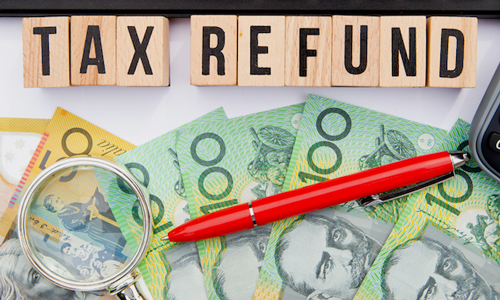5 Reasons Why People Are Scared To Invest In Real Estate
Time it right, and it can also provide you with a regular income both now and long into retirement. But data from the ATO shows that just 6.2% of Australians own an investment property, and only 1.6% own 2 or more investment properties. So why is it that most Australians are reluctant to invest in property?
Fear of the unknown is the deciding factor. But with the amount support and financial incentives that are available to today’s investors, real estate investment has never been easier to get into than it is right now. With that in mind, we will dispel five of the most common worries people have about investing in property.
1. Lack of market knowledge
A lack of knowledge about the property market is often cited as a reason why people don’t invest. Most people think you need to have inside knowledge about the local property market so that you can buy the right property at the right price.
But this is simply not the case. Most real estate agents and property investment companies already have this knowledge and will happily share it with you, you just have to ask. And with house and land packages and established properties now available to view online, you can carry out your own research without ever leaving the house. So there is no reason to let a lack of market knowledge hold you back.
2. Feeling daunted about becoming a landlord
Becoming a landlord is quite a responsibility and people are rightly worried about the consequences of getting it wrong. Also, if you have a full-time job, you may not be prepared to dedicate the time needed to do the job correctly.
The good news is, there are plenty of letting agents out there who will manage the task for you. Sure, you will have to pay a small monthly fee, but this is well worth it for the peace of mind it provides.
3. Worried about property prices crashing
Property prices may go down in the short term, that is true. But property investing is a long-term game. If you look at the capital gains over the past 25 years, house prices in Australia have increased at an annual rate of 6.8%.
In 1994, the median house price in Australia was $111,524, fast forward to today and that same house will cost you $460,000, a gain of 412%. If you timed your purchase so that you bought in a downturn, you would have done even better than that.
4. A general mistrust of financial markets
Following the financial crisis of 2008, which was primarily blamed on the oversupply of subprime mortgages, most people would be forgiven for not trusting financial professionals. But in fact, Australian banks had very little exposure to U.S. subprime mortgages and fared pretty well during the crisis.
Some changes did occur; banks tightened their lending criteria, and the Reserve Bank of Australia provided guarantees on deposits and bonds issued by Australian banks. These changes only served to strengthen an already tight ship. The result is, it’s safer to invest in property today than at any other period in Australian history.
5. People prefer to see their money growing in a savings account
It’s a comforting feeling seeing your savings grow in a savings account. So it’s no wonder people don’t want to risk moving funds to the property market where the gains are less apparent in the short term. But that doesn’t mean it’s the right thing to do.
With Australian interest rates at record lows, keeping money in a savings account is not going to provide you with the same returns that it did previously. The maximum savings rate available from Australian banks in 2020 is 1.55%. Compare that with the 6.8% annual returns provided by the property market and the decision to invest in property is simple.
Conclusion
As you can see, investing in property is not as daunting as it first appears. There is plenty of help and financial support available to you at every stage of the process. So if you are worried about the low returns you’re getting from your savings account, or just want to diversify your investment portfolio. Property investment provides a safe and profitable alternative to exchange-traded funds (ETFs), bonds and Australian Super accounts.












